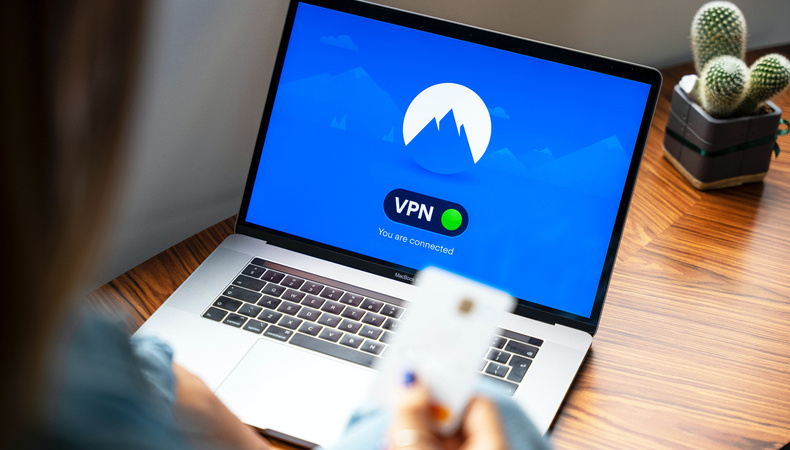How to Keep Your Employee's Remote Working Safe & Secure
Thanks to the coronavirus pandemic, more and more businesses across the globe have been left with no choice but to adopt remote working setups for their organisations.
Generally speaking, the transition to remote working has gone incredibly well, largely thanks to the rise of technological platforms helping streamline internal processes and move servers online into cloud-based storage and retrieval systems.
But, as time goes on, many experts are concerned that this transition towards remote servers could lead to a potentially greater risk of cybercrime, with confidential data more readily accessible than before the pandemic.
So, to prevent this being a concern for your business, the solution appears to be simple: make sure your employee’s remote working setups are as safe and secure as possible.
Regulate Your Employee’s VPN Use
Since your employees will now be working from home a lot more often, you will likely have already set up a virtual private network (VPN) for them to use, enabling them to access your company's server without needing to come into the office.
However, there are a few important things to remember when it comes to regulating this – from the number of VPN licenses you offer out in the first place to the network bandwidth your company's internet uses.

You should also regulate your company's VPN access regularly and ask your employees to renew their logins at least once every 12 hours. That way, even if a cybercriminal manages to infiltrate one of your VPN licenses, it'll probably be too late for them to inflict any major damage.
Keep Your Employees Away From Public Networks
While it may be quite difficult to keep tabs on your employees when they’re working from home, it’s important to remind them never to use public networks when accessing your company’s server.
It might be a lovely idea to work from a Starbucks from time to time but, generally speaking, these networks are nowhere near as secure as the connection between your network and the office.
As such, only ever encourage your employees to use the company-designated VPNs that you allocate to them. Otherwise, you could be leaving your company’s data vulnerable to a potential cyberattack.
Use Two-Factor Authentication
The more layers of security you have, the better protected you will be against a potential cyberthreat. Therefore, setting your employee’s laptops and devices up with two-factor authentication could be a simple yet highly effective way of protecting your data.
Password protection is no longer effective enough to safeguard important, confidential data. Instead, authentication mobile apps or biometric authentication software like Google Authenticator or LastPass are a much more appropriate solution to use, especially in light of the progressively more complex cyberattacks you often see today.
Provide Your Employees With Security-Approved Devices
While many of your staff members may prefer working on their own laptop or personal devices, by allowing them to do so, you could be leaving yourself vulnerable to a potential cyberattack.
This is because, generally speaking, personal devices not only tend to have fewer security controls than company-owned software but they're also more likely to be shared with non-work-based people, giving easy access to your important company files.
So, why not issue out your own company laptops for employees to use? That way, you will be able to set them up using security software you know and trust, helping keep both them and you well-protected against any cyber threats.

Final Thoughts…
Over time, the transition to remote working will gradually become more and more refined and a lot easier to manage. But, for now, at least, the measures listed above should help ensure your employee's setups are secure enough to use at home, substantially minimising the risk of suffering a potential data breach.
